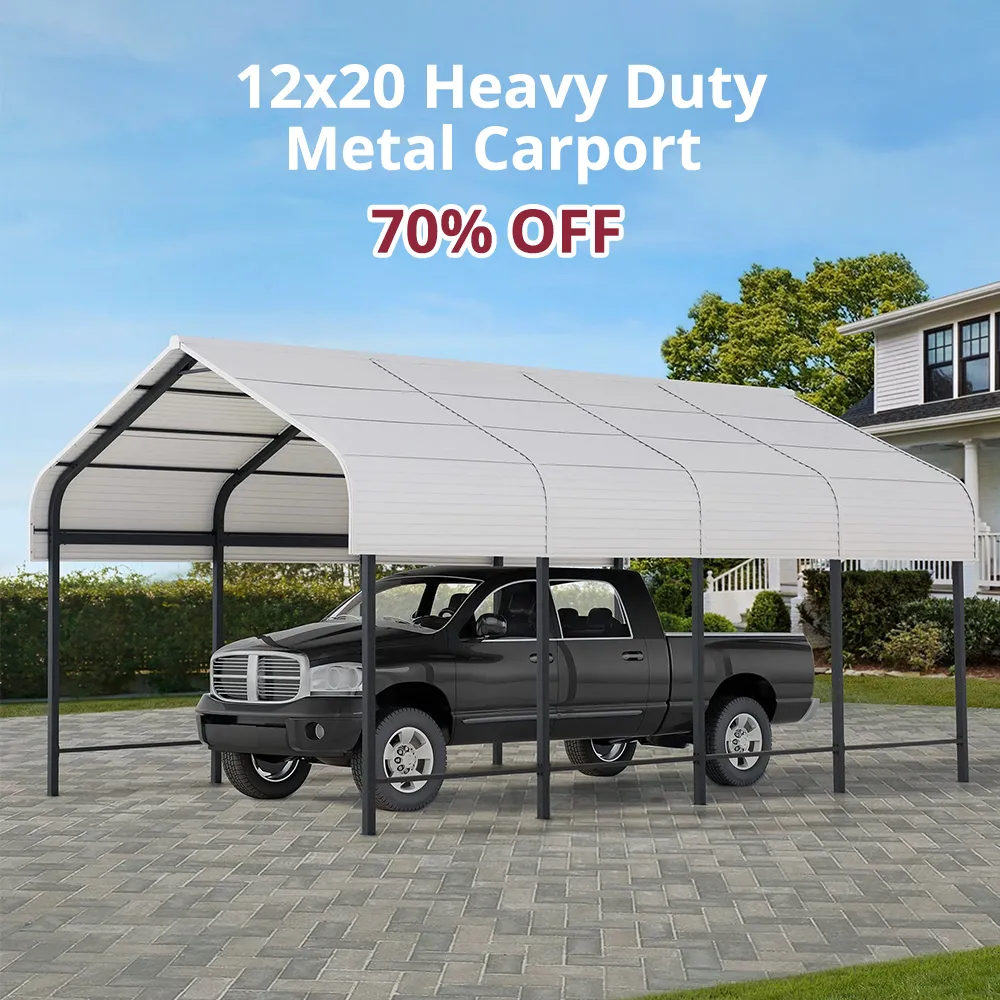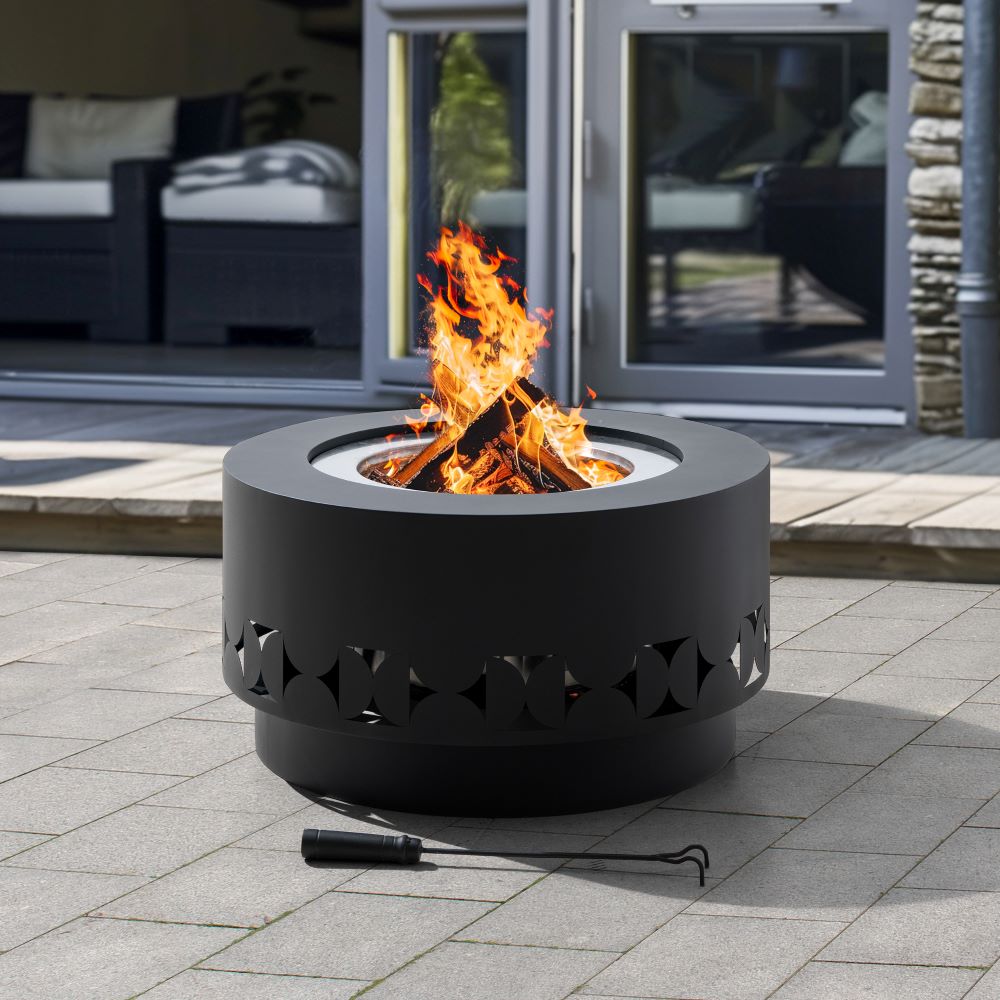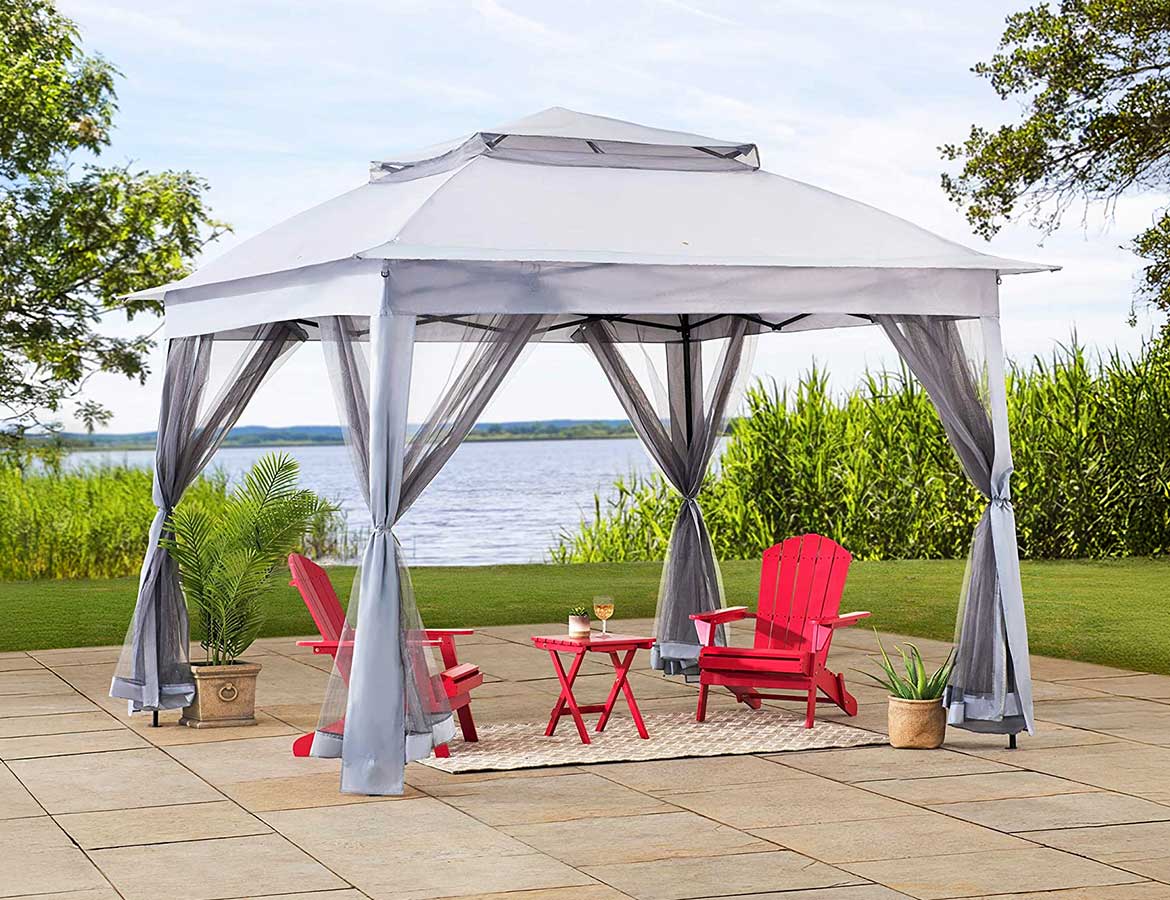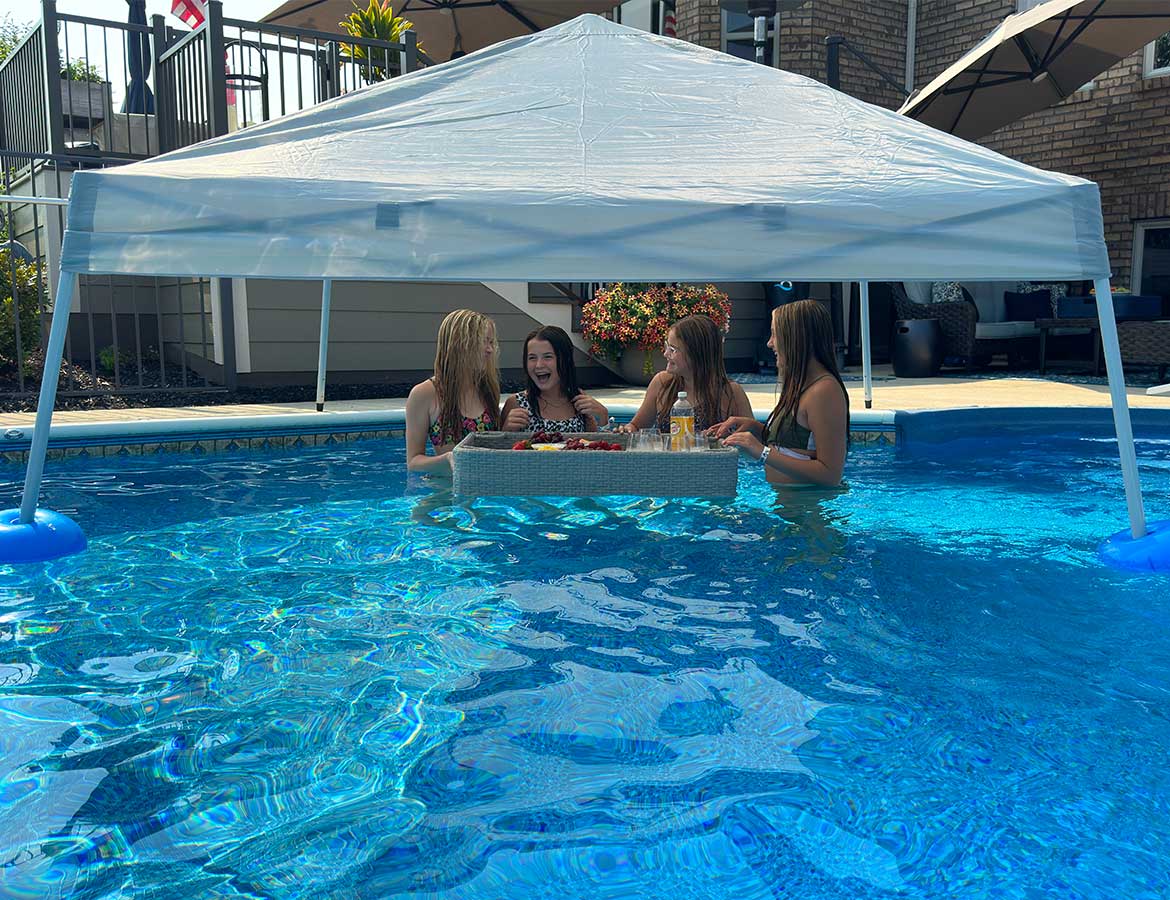Pop-up gazebos are a backyard essential—versatile, convenient, and easy to set up for parties, camping trips, or weekend shade. But one gust of wind can turn your relaxing outdoor experience into a disaster if your structure isn’t properly anchored. That’s why one of the most frequently asked questions by homeowners is: “What’s the best way to anchor a pop-up gazebo?”
Whether you're setting it up on grass, sand, pavement, or your patio, anchoring your gazebo correctly is crucial for safety and longevity. In this guide, we'll cover the best methods to secure your pop-up gazebo, including smart tips and SUNJOY product recommendations that make setup easier and more secure.
Why Anchoring Matters More Than You Think
Pop-up gazebos may look light and breezy, but once the wind picks up or someone leans on a leg, a poorly anchored frame can collapse, fly away, or bend. Proper anchoring:
Prevents tipping and sliding
Reduces frame damage
Improves wind resistance
Ensures your gazebo lasts longer
Whether you're protecting your investment or your guests, anchoring is not optional—it's essential.
Understand Your Surface: Anchoring Options by Terrain
Each ground type demands a different approach. Let’s break it down:
1. Grass or Soil
This is one of the easiest surfaces for anchoring.
Use spiral ground stakes or heavy-duty tent pegs.
Attach guy lines from the top corners of the gazebo to the stakes.
Hammer the stakes deep enough to hold against tension.
2. Concrete or Patio
You’ll need weight-based anchors.
Use universal umbrella base weights or sandbag weights.
Secure the legs using tie-down straps or Velcro wraps.
Avoid drilling if you’re renting or protecting your patio.
3. Beach or Sand
Unstable ground requires deeper and broader anchoring.
Use sand anchors or screw-style stakes.
Bury sandbags or weight plates in the sand near each leg.
Ensure guy lines are pulled taut and staked into packed sand.
4. Decking or Wooden Surfaces
If you’re okay with permanent options:
Use lag bolts or brackets to screw into the deck.
Choose removable bracket plates for semi-permanent installation.
For a no-drill method, use weight plates with non-slip grips.
Anchoring Tips for Extra Stability
To get the most out of your pop-up gazebo, combine multiple anchoring methods. Here are some pro tips:
Use Guy Lines at a 45° Angle
This reduces strain on the canopy frame and creates balanced tension across all sides.
Anchor All Four Corners
Even if the wind is only coming from one side, don’t skip legs. A fully anchored frame handles pressure better than a partially secured one.
Don’t Skip the Center Poles
If your gazebo has center supports or extra legs, anchor them with lighter weights or bungee cords to prevent internal collapse.
Check Anchors Regularly
In windy or rainy conditions, anchors can loosen. Inspect and tighten every few hours during events.
Mistakes to Avoid
Using Ropes Without Stakes
Ropes alone don’t anchor anything. They must connect to ground stakes or weighted objects.
Forgetting to Pre-Tension
If the canopy isn't tight before anchoring, it can catch more wind, causing lift.
Uneven Weight Distribution
Ensure that all legs are secured with the same type or weight of anchor to prevent shifting.
Relying on Lightweight Objects
Plastic planters or empty buckets aren't reliable. Use actual gazebo weights or water/sand-filled anchors.
Portable Gazebo Setup Checklist
Before your next event or backyard hangout, run through this list:
Select proper anchors for your ground type
Tighten canopy cover and secure guy lines
Use 25–55 lbs. per leg depending on conditions
Check all anchors every few hours
Keep extra stakes and cords on hand
Long-Term Maintenance for Anchoring Gear
If you plan to reuse your gazebo and anchors regularly:
Store stakes and sandbags in a dry place to avoid rust or mold
Empty sandbags between uses to prevent tearing
Check straps and Velcro for wear and replace when frayed
Inspect base plates or bolt mounts for cracks or corrosion
These small steps will ensure your anchoring system stays reliable for years.
Why SUNJOY Pop-Up Gazebos Are Anchor-Friendly
SUNJOY pop-up gazebos are built with practical anchoring in mind:
Lightweight yet reinforced frames
Adjustable leg heights for uneven surfaces
Integrated stake loops and anchor-ready feet
Whether you're tailgating, throwing a garden party, or spending a weekend camping, SUNJOY’s pop-up gazebos offer convenience with real-world durability.
Final Thoughts: Secure Setup = Peace of Mind
So, what’s the best way to anchor a pop-up gazebo? It depends on where you’re placing it—but one thing’s certain: anchoring properly is not optional.
By choosing the right equipment, following proven techniques, and investing in reliable SUNJOY products, you’ll enjoy a stress-free, secure, and stylish outdoor experience every time you pop up that canopy.






Leave a comment
All comments are moderated before being published.
This site is protected by hCaptcha and the hCaptcha Privacy Policy and Terms of Service apply.